
https://bryan-hong.netlify.app/
journals.sagepub.com/doi/10.1177/...

journals.sagepub.com/doi/10.1177/...

@cognitionjournal.bsky.social.
Moral psychologists almost always use self-report scales to study moral judgment. But there's a problem: the meaning of these scales is inherently relative.
A 2 min demo (and a short thread):
1/7
@cognitionjournal.bsky.social.
Moral psychologists almost always use self-report scales to study moral judgment. But there's a problem: the meaning of these scales is inherently relative.
A 2 min demo (and a short thread):
1/7
Different representational formats of a memory can be used at different times or in different contexts, and draw on different neural representations.
doi.org/10.31234/osf...
Different representational formats of a memory can be used at different times or in different contexts, and draw on different neural representations.
doi.org/10.31234/osf...
wjschne.github.io/ggdiagram/ar...


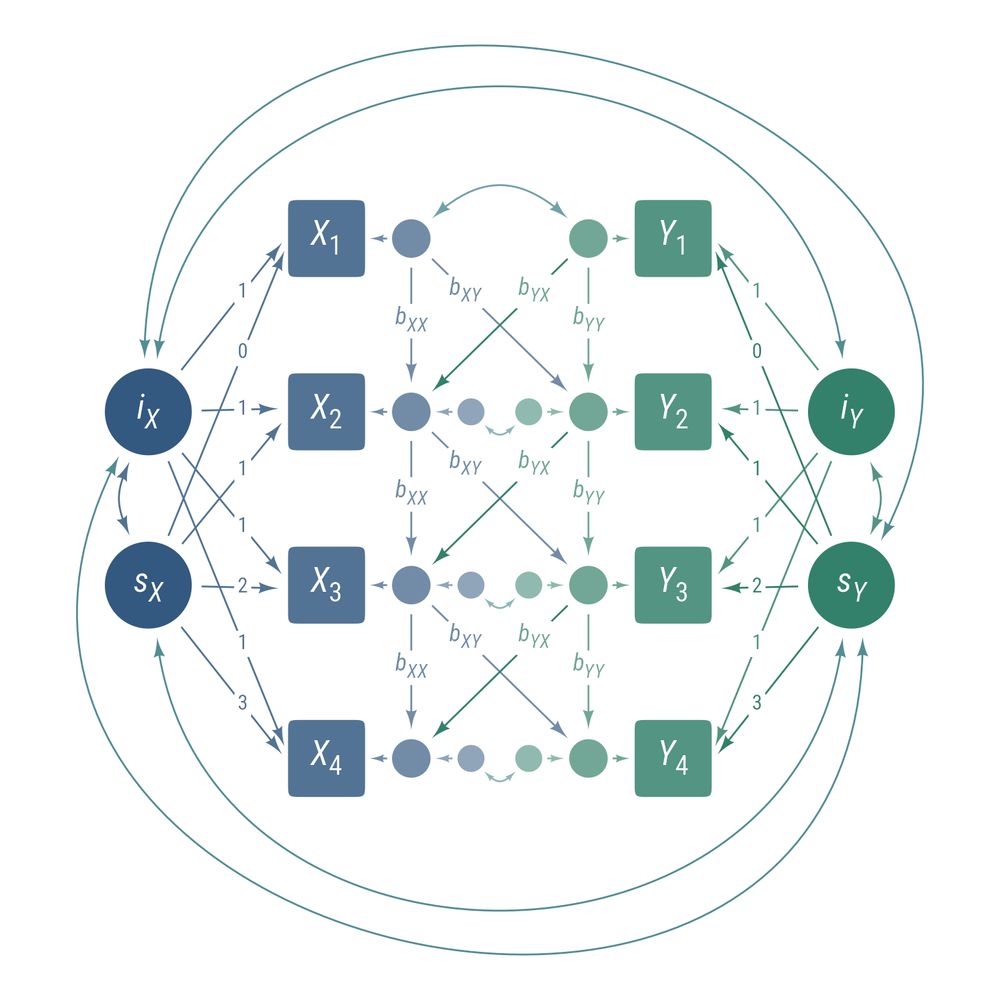

wjschne.github.io/ggdiagram/ar...
www.sciencedirect.com/science/arti...

www.sciencedirect.com/science/arti...
Cool work by @chrismbird.bsky.social @ayab.bsky.social et al!

Cool work by @chrismbird.bsky.social @ayab.bsky.social et al!
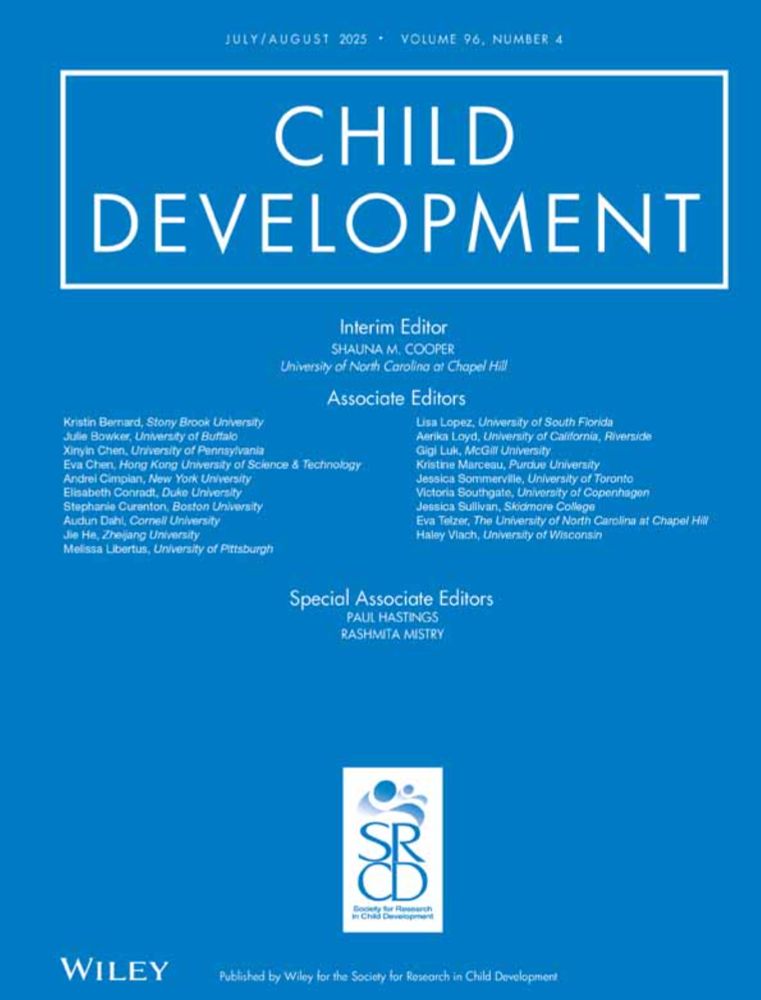
Across three studies, we show that communicating the economic impact of NIH funding cuts—especially with interactive quizzes and maps—decreases approval and motivates action to oppose the cuts, across the political spectrum. 🧵 1/8
osf.io/preprints/ps...
Across three studies, we show that communicating the economic impact of NIH funding cuts—especially with interactive quizzes and maps—decreases approval and motivates action to oppose the cuts, across the political spectrum. 🧵 1/8
osf.io/preprints/ps...
We argue that behavior change interventions often suffer from a one-sided success focus. But failures may reveal structural barriers people face.
🔗 rdcu.be/ex8hR
#BehavioralScience #PublicPolicy
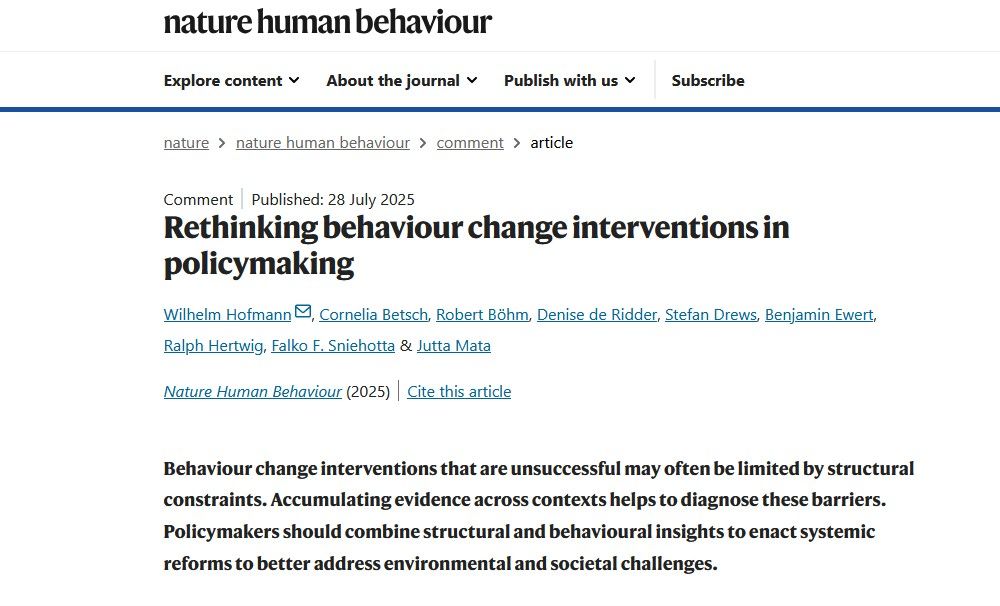
We argue that behavior change interventions often suffer from a one-sided success focus. But failures may reveal structural barriers people face.
🔗 rdcu.be/ex8hR
#BehavioralScience #PublicPolicy
www.nature.com/articles/s41...
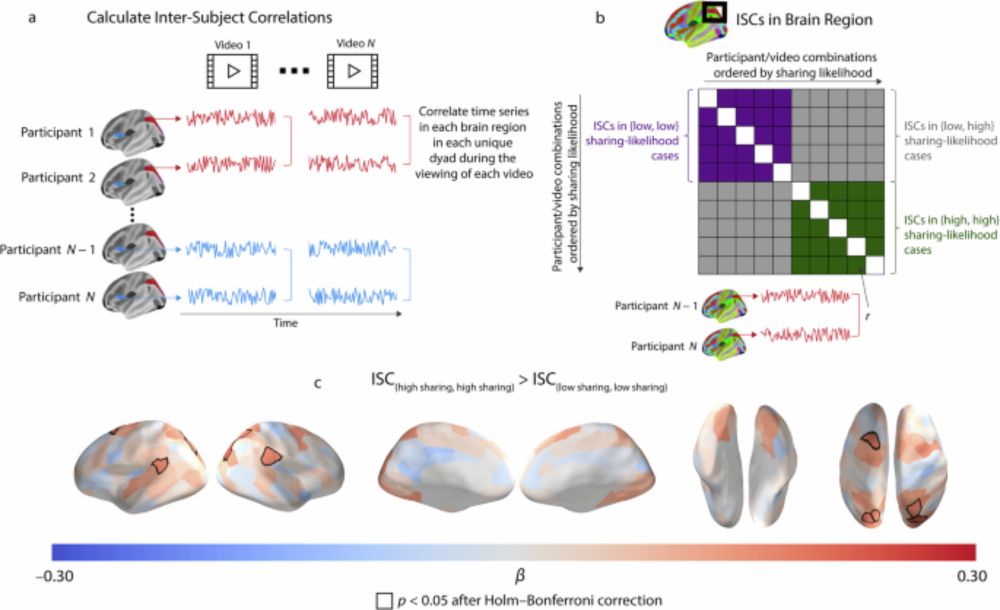
www.nature.com/articles/s41...
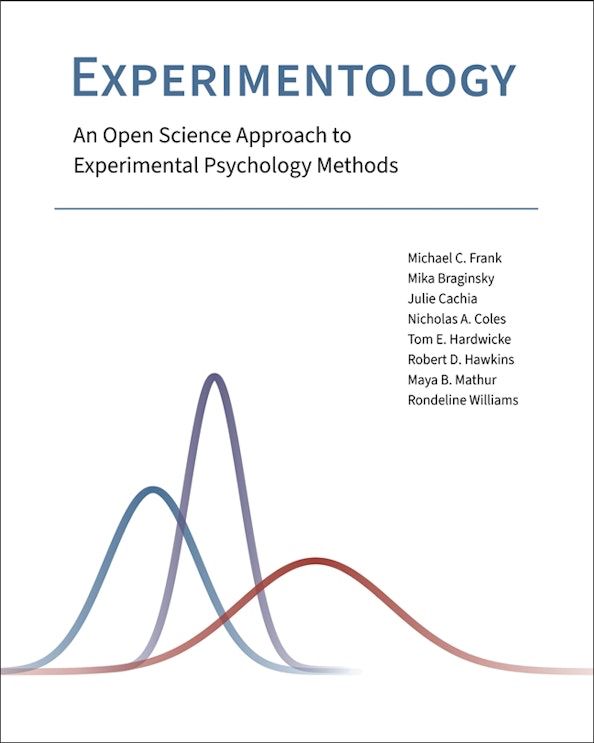
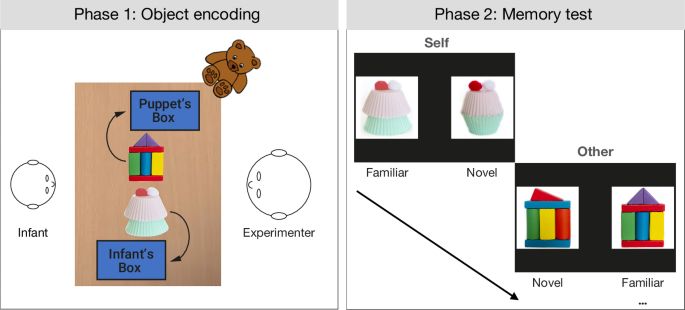
“Putting the testing effect to the test in the wild: Retrieval enhances real-world memories and promotes their semantic integration while preserving episodic integrity”
See thread! 🧵 osf.io/preprints/ps...
“Putting the testing effect to the test in the wild: Retrieval enhances real-world memories and promotes their semantic integration while preserving episodic integrity”
See thread! 🧵 osf.io/preprints/ps...
#neuroskyence
bit.ly/4csFx0B
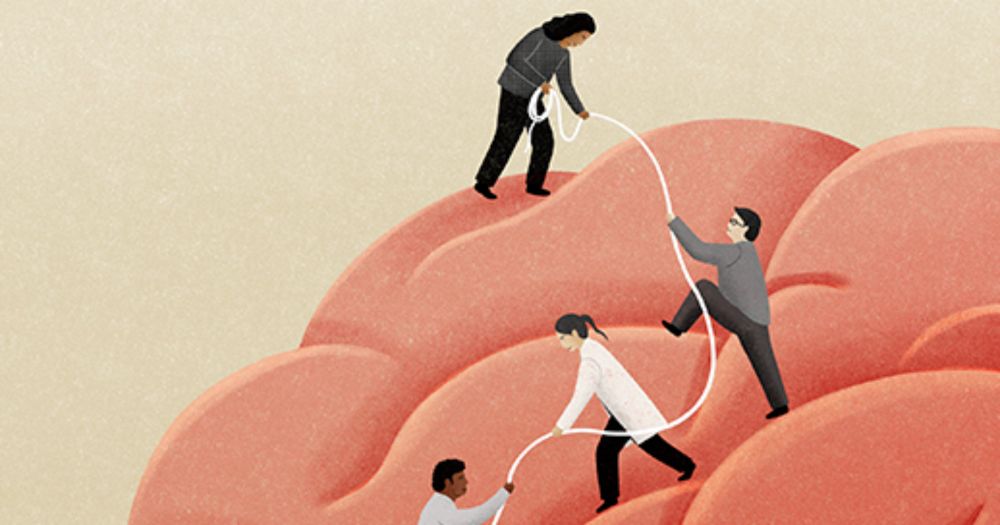
#neuroskyence
bit.ly/4csFx0B
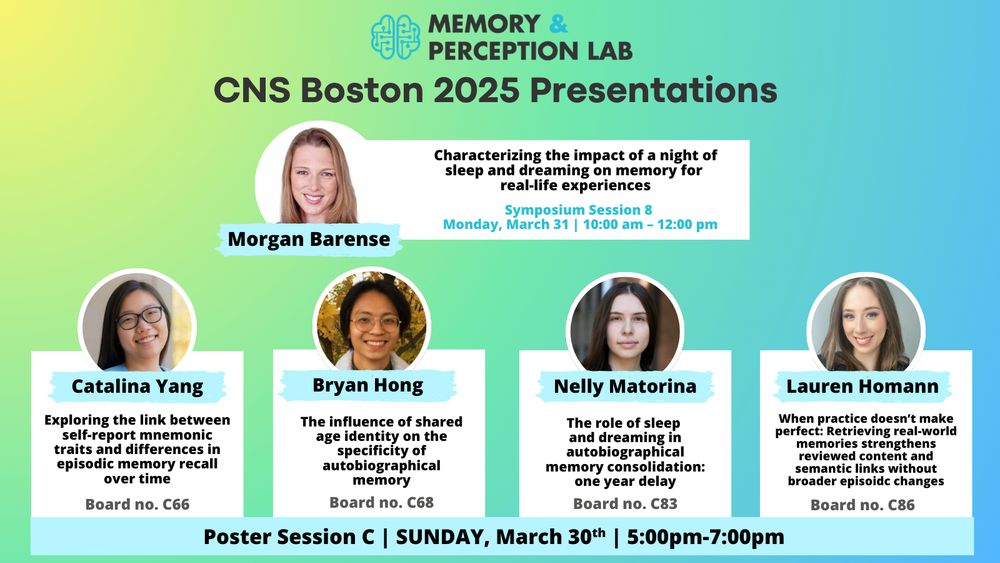
🧵 #PsychSciSky 🧪 #StatsSky
🧵 #PsychSciSky 🧪 #StatsSky
@baycrestfoundation.bsky.social
www.nature.com/articles/s41...
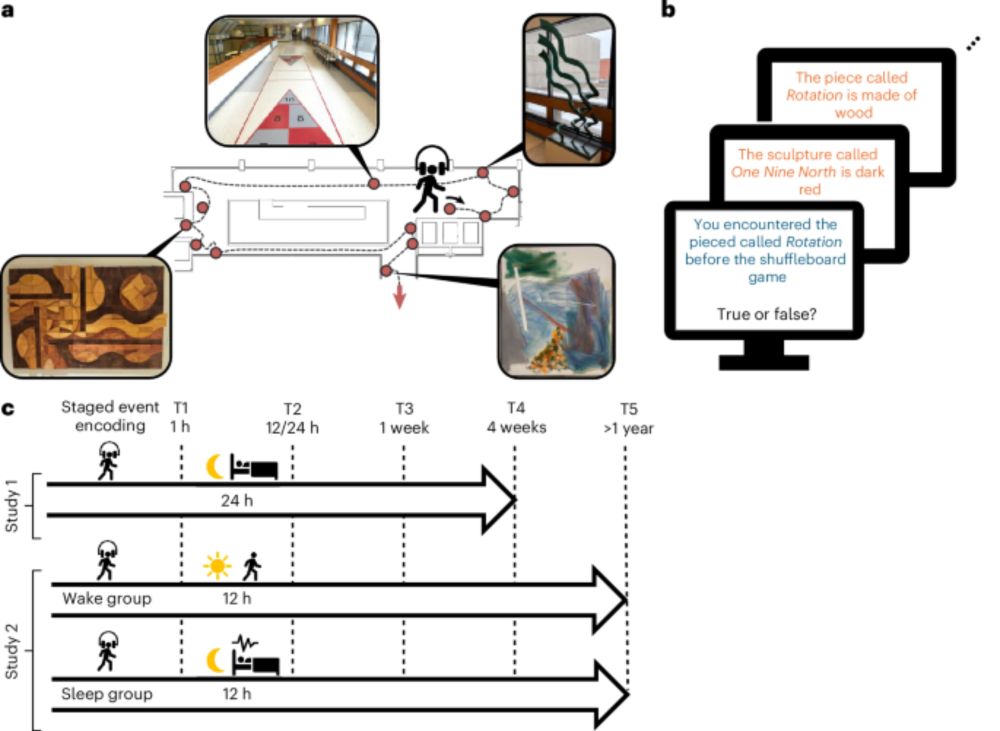
@baycrestfoundation.bsky.social
How should LLMs be used in psychology research? 🧵
How should LLMs be used in psychology research? 🧵
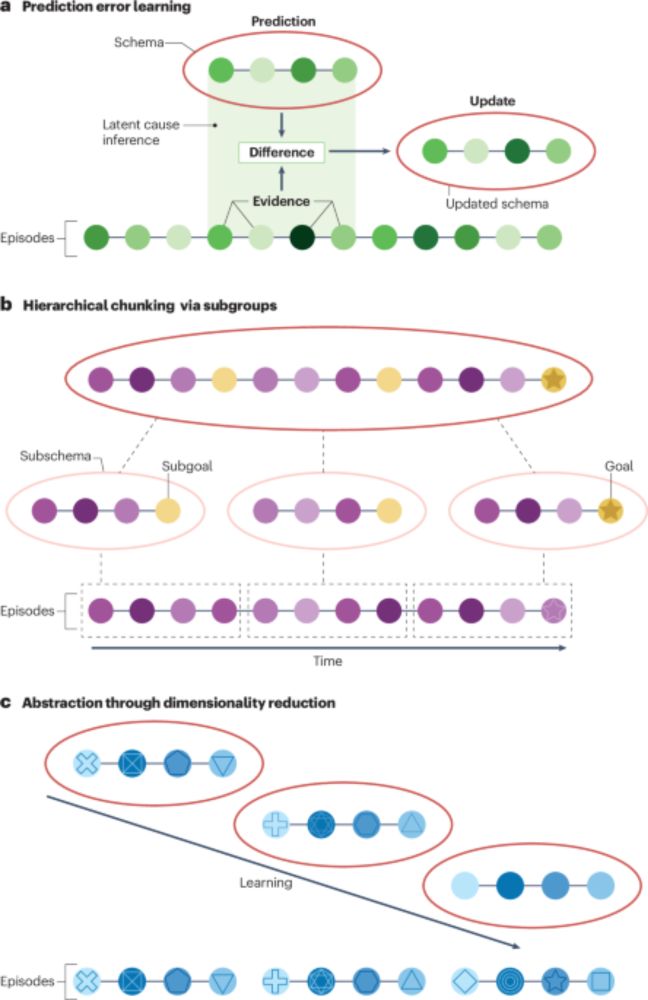

rdcu.be/d4XWM
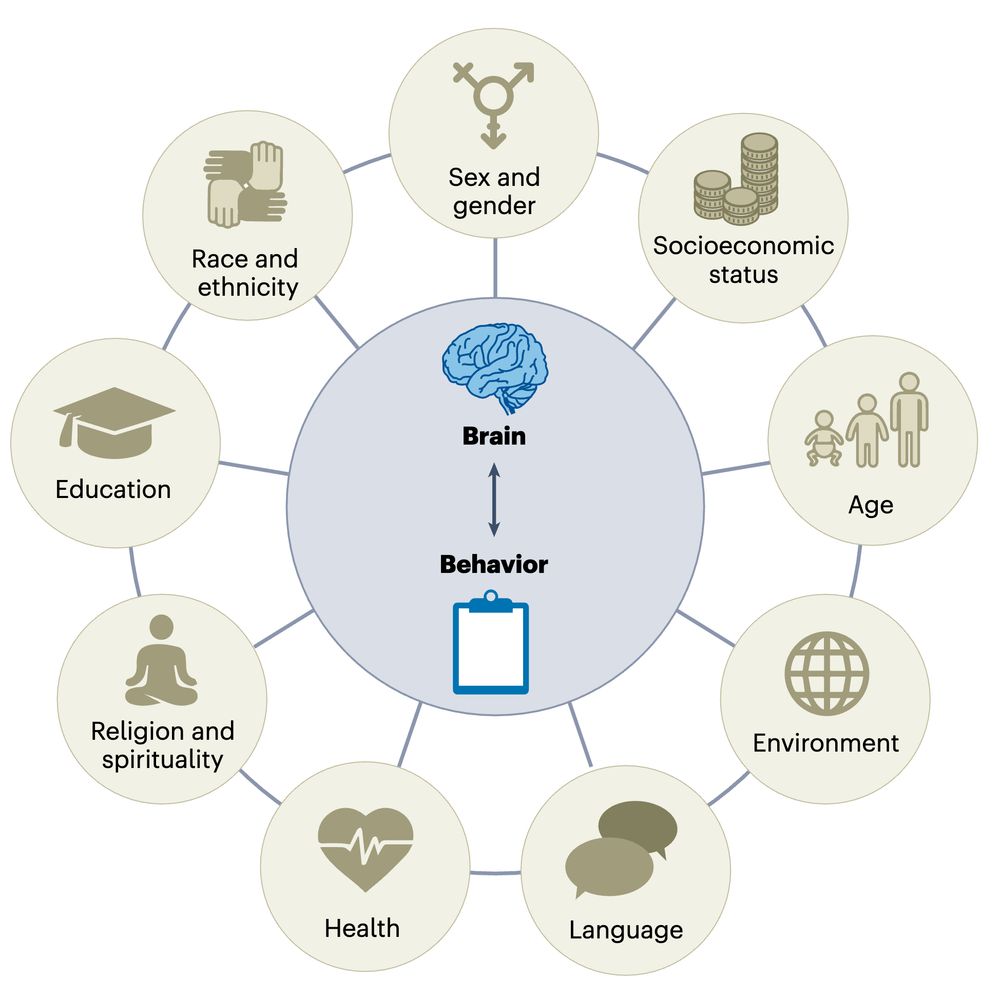
rdcu.be/d4XWM
We provide user friendly recommendations for using NLP to ensure rigour and reproducibility
Here is a free link: www.nature.com/articles/s44...
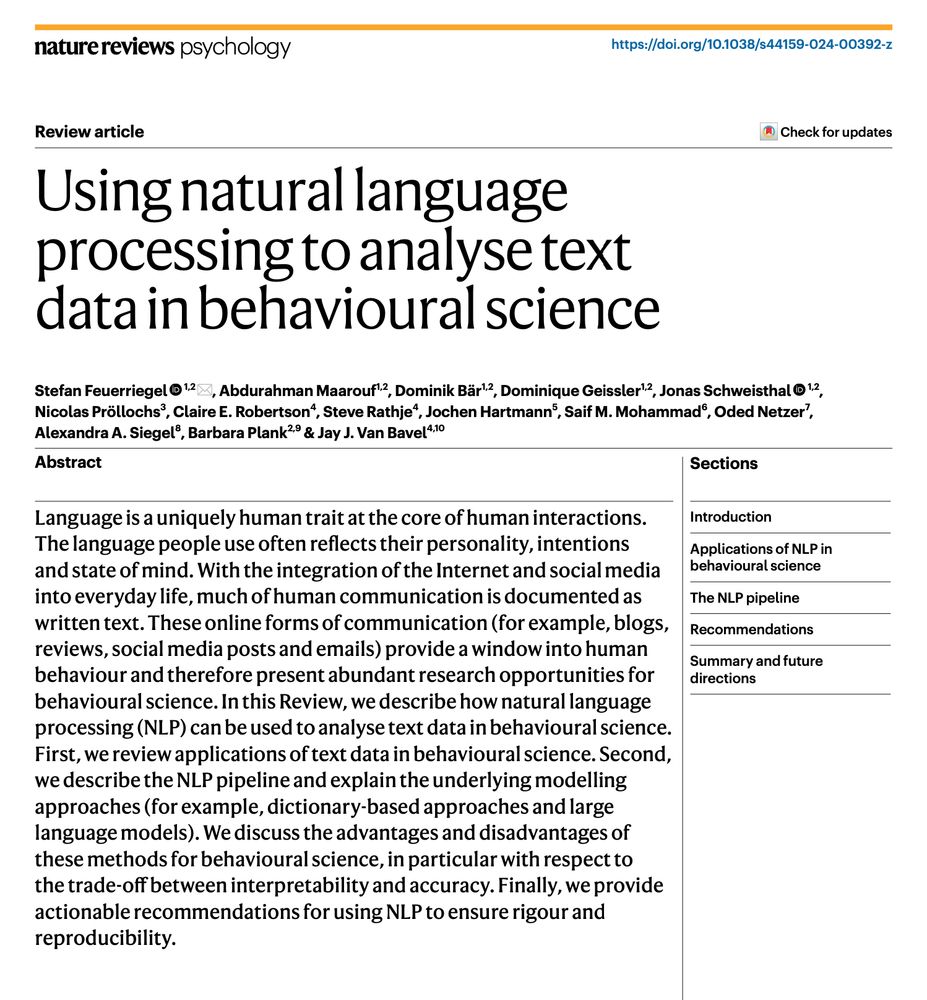
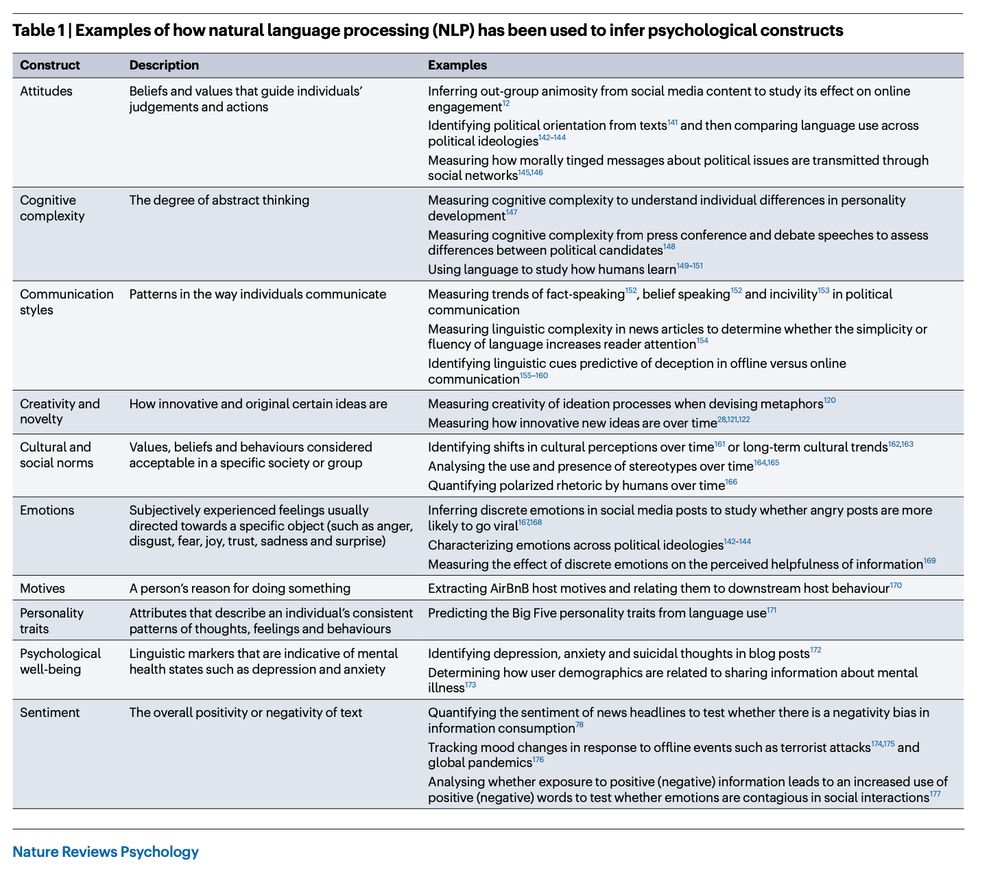
We provide user friendly recommendations for using NLP to ensure rigour and reproducibility
Here is a free link: www.nature.com/articles/s44...

